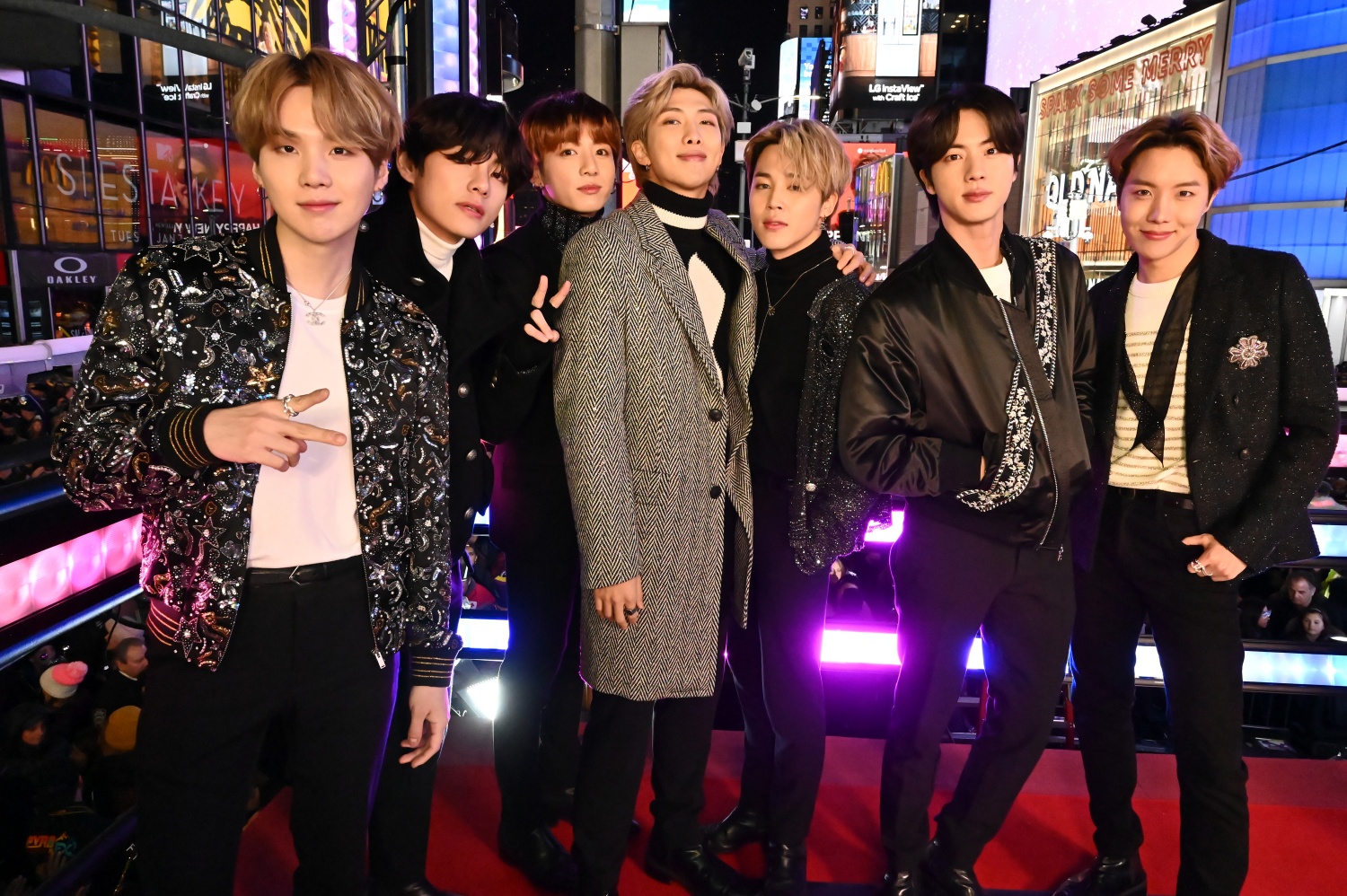On X, fandoms discussed why HYBE will never surpass the “BIG 3” — SM Entertainment, JYP Entertainment, and YG Entertainment — legacy in K-pop despite its status as a conglomerate.
Among entertainment agencies, HYBE is the corporation with the highest revenue, thanks to its housing of top-rated K-pop groups, such as BTS and NewJeans.
HYBE is also the parent company of some of the biggest affiliate labels: Pledis, Source Music, Belift Lab, ADOR, and more.

Despite its established position in the music scene, K-pop stans refuse to recognize HYBE’s power and insisted that it will never beat the influence and legacy of the pioneers of K-pop: SM, JYP, and YG.
Supporters of this trio of labels recalled how they established the K-pop market in the 90s with only talents, visuals, and performances. Each agency has its own image that sets it apart from the others; thus, plagiarism controversy wasn’t a thing back then.
Also, the founders of the “Big 3” Lee Soo Man (SM), Jinyoung Park (JYP), and Yang Hyun Suk (YG) built friendship rather than rivalry, which also reflected the solid relationship of their artists from other idols beyond the label.
The “Big 3” may not be perfect, but fans recall it as the “golden days” of K-pop.

Unfortunately, things became different when K-pop Giant HYBE entered the scene, causing chaos. Fandom wars became rampant, charts were prioritized over skills, and rivalry within the company ignited.
Worse, the corporation was also revealed to be using its power to manipulate the media and put other artists in a bad light, especially those from the “Big 3.”
Fans are now blaming HYBE for ruining the fun that K-pop used to bring, a genre that prioritizes quality and uniqueness, rather than quantity and rankings.
Here are some tweets about this topic:
SM, JYP, YG have definitely had competitions with each other for years. But they did it through music and their talents and their artistry.
These fuckers (HYBE) talk about appearances of other idols!??!?! pic.twitter.com/8pIP3Xo0NT
— BaidiVIP (@Mazztate2) October 26, 2024
SM YG and JYP never have this competition to the point where they need to Attack each other artists. but they compete by TALENTS, VISUAL, and LIVE PERFORMANCES. till HYBE happen….
— 스카이♡ (@YGENTHUSIAST) October 26, 2024
YG, SM AND JYP are the pioneers of kpop. They are the big three for a reason. They have been in the industry for years but they NEVER had a beef with e/o where they talk bad about other artist. What’s up with the insecurity of this company. Very unprofessional
— ᱬayze (@baemonstier) October 26, 2024
groups that hybe has allegedly been exposed for bad-mouthing/shading within the company so far
• riize
• aespa
• newjeans
• babymonster
• twice
• smngg
• ive
• stray kids
• nct dream
• nmixx
• zb1
• wonder girls
• 2ne1
• blackpinkthis is crazy i need them GONE
— ᯓ ❥ (@wonbinlvrs) October 26, 2024
RELATED ARTICLE: ‘BIG 3,’ HYBE, & More Enter Top 8 ‘Companies/Leaders With The Greatest Influence in Fandom Culture Since 2000’




